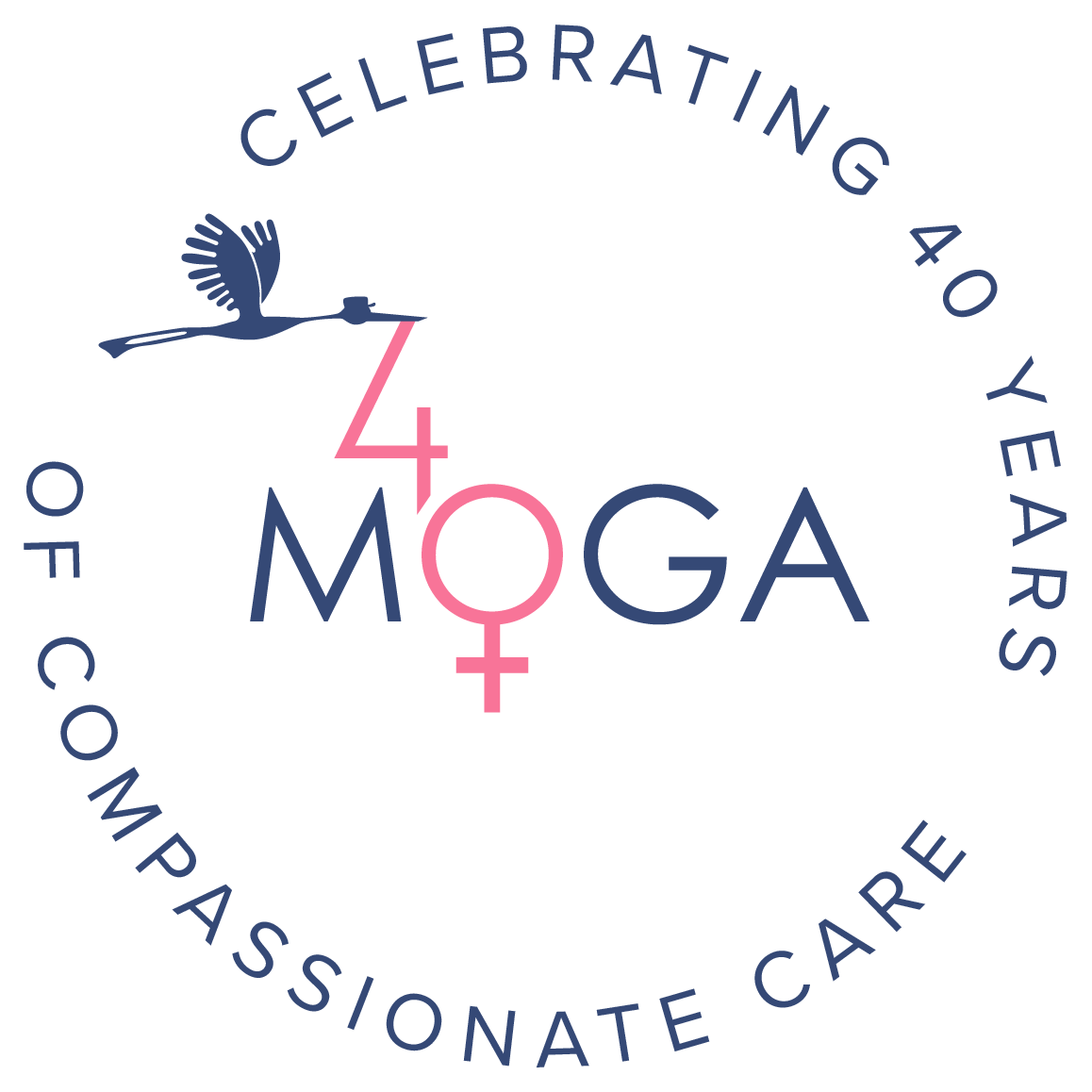When a woman becomes pregnant, there’s no shortage of advice given to her from family, friends, and even well-meaning strangers. Long before the baby arrives, she’ll be prepared for sleepless nights, growth spurts, nursing strikes, and a deep love that will transcend all the difficulties. For some mothers, things play out exactly as expected, and they are exhausted but content. Many others, however, are met with feelings they never anticipated. Sadness, anxiety, a creeping suspicion that they aren’t good enough…nobody warned them that this could be a part of motherhood, but it’s actually very common and it has a name: postpartum depression.
What is postpartum depression?
Postpartum depression is a mood disorder that can affect women after childbirth. It is not caused by anything she did or did not do during pregnancy or immediately after giving birth. After childbirth, a woman’s hormone levels drop rapidly. On its own, this can often cause chemical changes in her brain that may trigger dramatic mood swings. When you add sleep deprivation, pain during the recovery process, and a brand new baby with multiple needs into the mix, it can exacerbate any feelings of sadness, anxiety, isolation, and exhaustion that are already present. In fact, these feelings can become so intense that it becomes difficult for a new mother to care for herself or her family.
It can sometimes be difficult to distinguish between normal postpartum mood swings and those that may accompany postpartum depression. In general, women experiencing postpartum depression may experience or show signs of:
- feelings of sadness, hopelessness, or emptiness
- feeling overwhelmed
- crying more often than usual, or crying for no apparent reason
- excessive worrying or feeling overly anxious
- feeling moody, irritable, or restless
- oversleeping, or being unable to sleep even when baby is resting
- trouble concentrating, remembering details, and making decisions
- anger or rage
- losing interest in activities she would typically enjoy
- physical aches and pains, including headaches, stomach problems, and muscle pain
- eating too little or too much
- withdrawing from or avoiding friends and family
- trouble forming an emotional attachment with her baby
- doubting her ability to care for her baby
- thoughts about harming herself or her baby
Friends and family are often able to recognize the symptoms of postpartum depression before the mother does. If a new mother in your life is experiencing any of these symptoms, encourage her to speak with her healthcare provider about her feelings.
Who is at risk for postpartum depression?
Postpartum depression can affect any woman regardless of age, race, ethnicity, or economic status, but some patients are at an increased risk. Factors for this can include:
- symptoms of depression during or after a previous pregnancy
- previous experience with depression or bipolar disorder
- a family member who has been diagnosed with depression or other mental illness
- a stressful life event during pregnancy or shortly after giving birth, such as job loss, death of a loved one, domestic violence, or personal illness
- complications during childbirth, including premature delivery or having a baby with medical problems (expected orunexpected)
- mixed feelings about the pregnancy, even if it was planned
- a lack of strong emotional support from her family and friends
- alcohol or other drug abuse problems
- having a “high needs” baby that is difficult to soothe
It may be possible to identify women at the highest risk for postpartum depression before delivery takes place. If you are expecting and have experience with any of the above risk factors, it is important to speak with your doctor about this as soon as possible. Careful monitoring, early interventions, and an awareness of risk factors can help lead to more positive long-term outcomes for both you and your baby.
How is postpartum depression treated?
For women struggling with postpartum depression, the first step should be an open discussion with their doctor. MOGA is the largest private women’s health practice in the Mid-South, with over thirty years of experience in providing compassionate care to patients of all ages. Our physicians and nurse practitioners believe the bond that forms between a patient and her provider is unique and very special. We rotate after-hours calls and have a nurse available to assist with any urgent problems that may come up. Our providers are experienced with postpartum depression and can help you develop a plan of treatment that would be most suitable foryou. Recognizing the symptoms as early as possible and reaching out to your doctor will allow us to work as a team to help you find healthy coping mechanisms that will benefit both you and your baby. These may include:
- Seeking help through a therapist in order to understand your emotions and work through your feelings in a safe environment. Counseling can be an important part of the healing process as it will help you understand why you’re feeling the way you do and that you are notalone.
- Finding a support group that can help you redefine “normal” and reinforce that postpartum depression is only temporary. This may be an organized group of mothers who are also suffering with postpartum depression, or may be as simple as meeting with supportive friends regularly to discuss your feelings. The key is to feel less alone in your struggle!
- Taking medication to help correct any imbalance of chemicals in your brain. There are medications that are safe to take while breastfeeding if that is a concern for you. We’ll be sure to discuss all options with you before deciding on any particular course of action! Medications can take a few weeks before the effects become noticeable, so we encourage you to have realistic expectations and seek support from a therapist and your friends and family in the meantime.
For compassionate care, trust the MOGA team
If you’ve been fighting feelings of being a failure, had trouble bonding with your child, or struggle to control the sadness clouding your days, you are not alone. We are here to help you through this safely and effectively! We have the resources to get you back on the path to good health and happy motherhood, so reach out today if you feel like you or someone you love is suffering from postpartum depression. Appointments can be made by calling our officeor scheduling online through our website.




